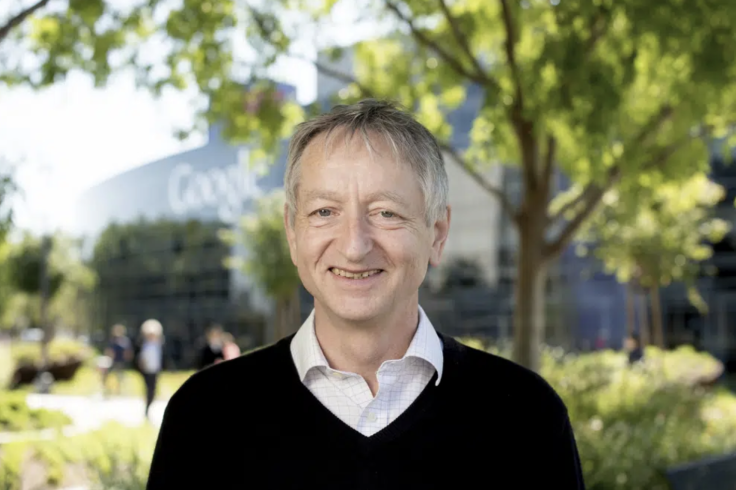The 'Godfather of AI' quits Google and warns us all of growing dangers
Cognitive psychologist Geoffrey Hinton, who is renowned as the godfather of artificial intelligence, quits his job and warns the world of technological danger.

The British-Canadian 'Godfather of AI', Dr has announced his retirement from Google in a statement to The New York Times. In his announcement, he states that he now regrets his life's work and his pioneering research on neural networks, which are systems that enable artificial intelligence to learn and process information in a similar way to the human mind.
Dr Hinton's research and ambition to drive the technology forward has also paved the way for AI chatbots, especially the ChatGPT, which the psychologist admitted to the BBC he now finds "quite scary". He expressed his fear that chatbots with "deep learning" would one day be capable of holding more information than the average human mind. He further commented: "Right now, they're not more intelligent than us, as far as I can tell. But I think they soon may be."
Adding to his concerning outlook for the future of artificial intelligence, he said: "Right now, what we're seeing is things like GPT-4 eclipses a person in the amount of general knowledge it has, and it eclipses them by a long way. In terms of reasoning, it's not as good, but it does already do simple reasoning. And given the rate of progress, we expect things to get better quite fast. So we need to worry about that."
At the age of 75, this has ostensibly played a part in Dr Hinton's decision to resign from Google, confessing to the BBC: "It's time to retire".
Dr Hinton has now joined a growing number of tech experts, including business magnate Elon Musk, who have expressed concerns about artificial intelligence, with the speed of its development and the direction in which the industry is heading.
In the article from The New York Times, Dr Hinton believed that "bad actors" could attempt to use AI for "bad things". When asked to elaborate on this esoteric statement, the scientist replied: "This is just a kind of worst-case scenario - kind of a nightmare scenario."
He added: "I've come to the conclusion that the kind of intelligence we're developing is very different from the intelligence we have. We're biological systems and these are digital systems. And the big difference is that with digital systems, you have many copies of the same set of weights, the same model of the world."
"And all these copies can learn separately but share their knowledge instantly. So it's as if you had 10,000 people and whenever one person learnt something, everybody automatically knew it. And that's how these chatbots can know so much more than any one person."
Despite his ambivalence on the subject, Dr Hinton told the BBC he still thought, to some small degree, that AI would potentially deliver more benefits than risks, adding: "I don't think we should stop developing this stuff."
The AI visionary was adamant in his refusal to criticise Google, stating the company was "very responsible". Adding to his praise for the technological behemoth, Dr Hinton said: "I actually want to say some good things about Google. And they're more credible if I don't work for Google."
Jeff Dean, Google's chief scientist, stated to the BBC: "We remain committed to a responsible approach to AI. We're continually learning to understand emerging risks while also innovating boldly."
© Copyright IBTimes 2024. All rights reserved.






